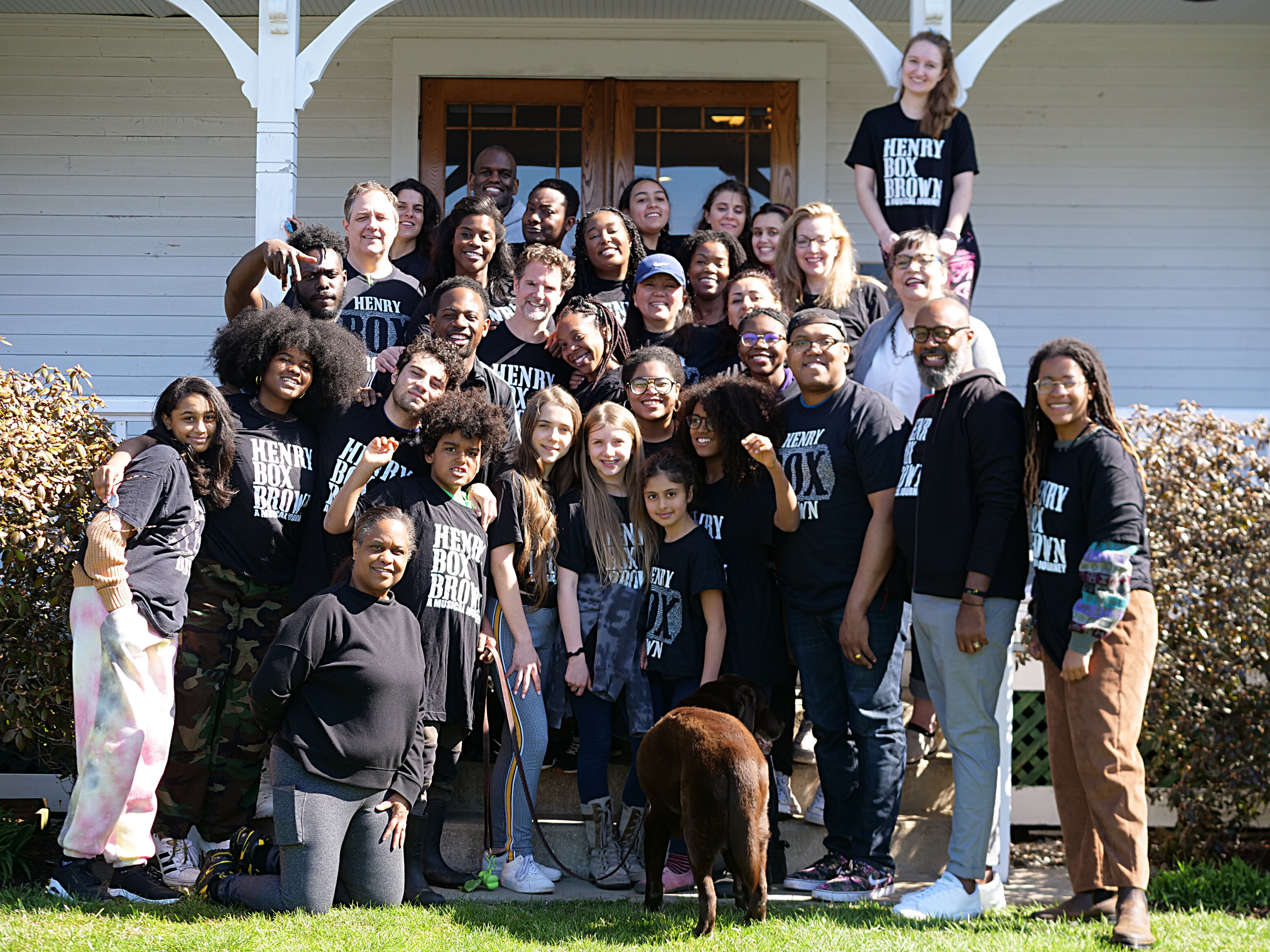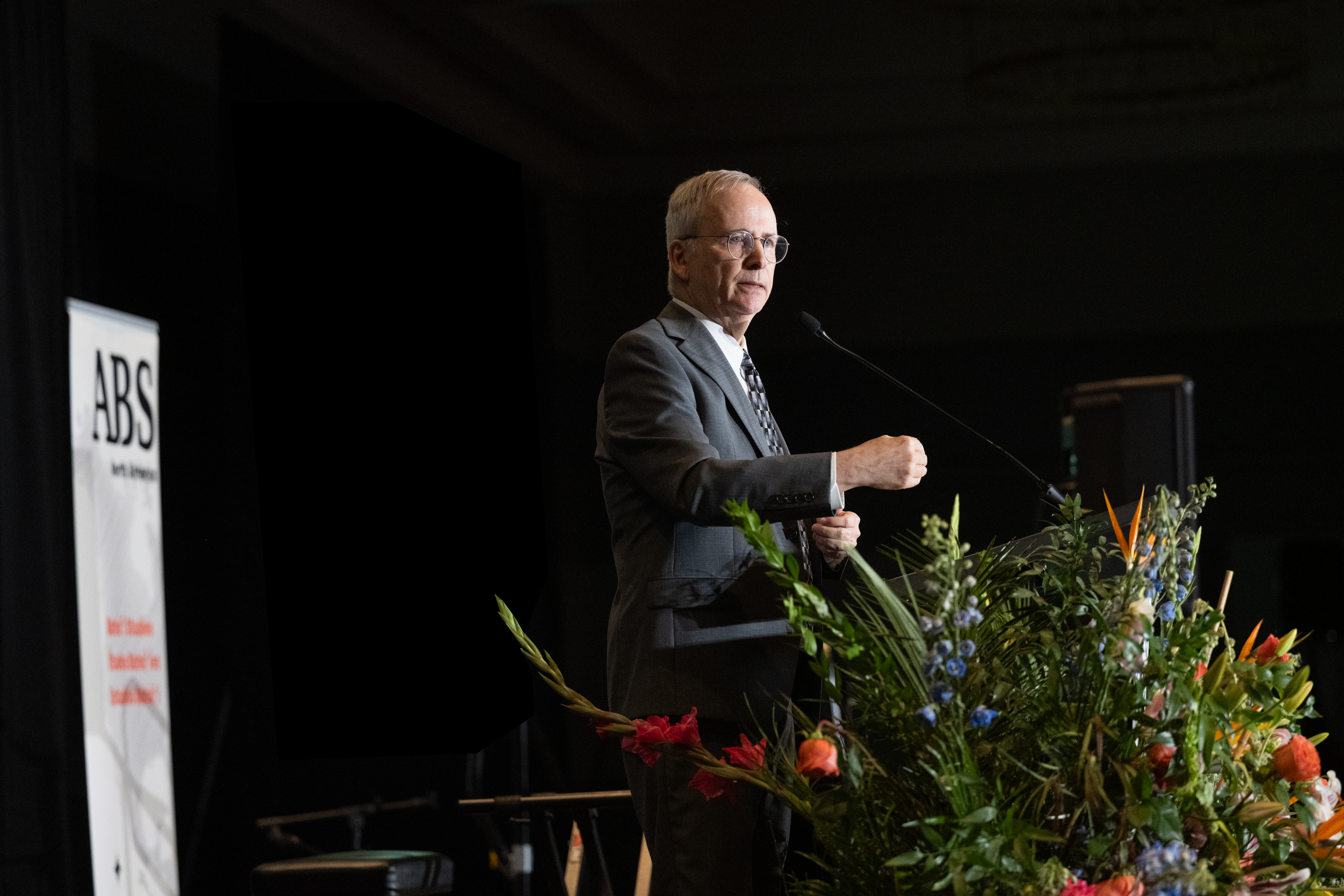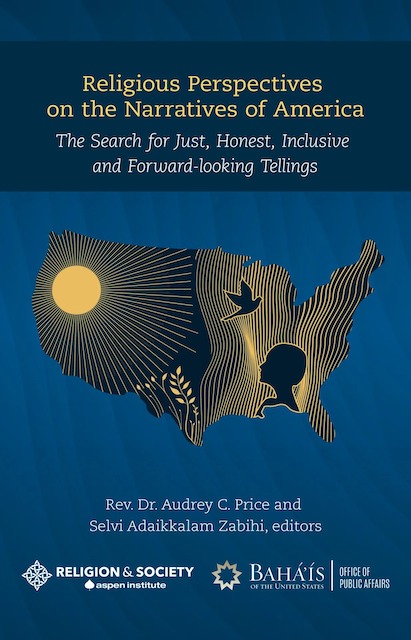
Confident strides in contributing to discourses through ABS activities
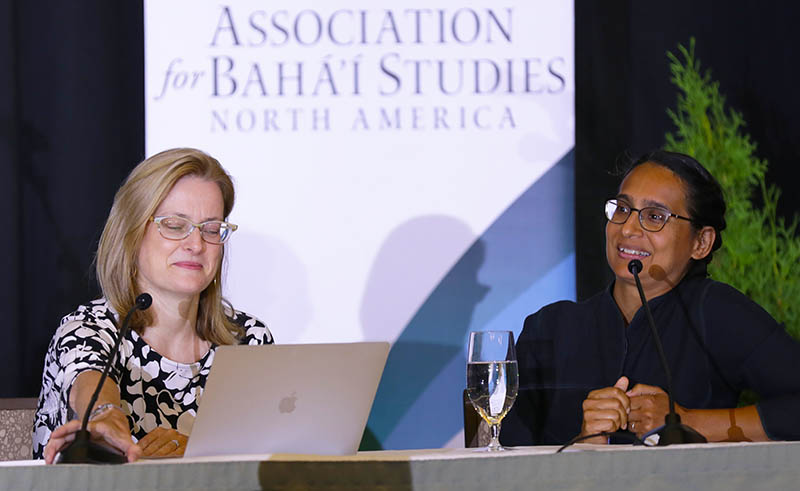
Fresh approaches adopted since 2013 by the Association for Baha’i Studies – North America have hit full stride as they aid in contributing a Baha’i perspective to discourses of society.
Witness the plenaries and breakouts of ABS’s 43rd annual gathering, Aug. 8–11 in Ottawa, Ontario — and how they benefited from efforts year-round by members of its working groups in various disciplines to generate knowledge and apply it in service to humanity.
Workshops examine discourse spaces in light of guidance
Two workshops conducted on the gathering’s first day and repeated later gave hundreds of the 1,400 people in attendance an opportunity to study and discuss guidance from the Universal House of Justice, global governing council of the Baha’i Faith, that underpins the strides of the past six years.
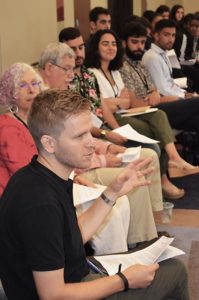
Spelled out in a letter to the Faith’s Canadian governing council, the National Spiritual Assembly, the guidance notes that every Baha’i “has the opportunity to examine the forces operating in society and introduce relevant aspects of the teachings within the discourses prevalent in whatever social space he or she is present.”
The 2013 letter continues, “It is, perhaps, as a means to enhance the abilities of the friends to explore such opportunities in relation to their scholarly interests that the endeavours of the Association for Baha’i Studies can be conceived.”
In that light, workshop attendees — filling several meeting rooms — shared examples of:
- How discourse shapes the way people act
- What problematic assumptions or concepts are at play in the prevalent discourses of society
- What are some real-world consequences of such assumptions
- What attitudes and qualities should characterize participation in discourses
- What discourse spaces are available or can be created in a given discipline or profession
- What initiatives might be fruitful to pursue within the community-building efforts of Baha’is and friends
- What lessons are being learned through that process that might inform efforts to build capacity for contributing to discourses
Samuel Benoit, facilitating a workshop, asked participants to discuss the materials and “reflect on how we can engage in these discourses in our own fields.”
Julia Berger, who serves on the ABS executive committee, was one who marveled at how rich those discussions were.
“You shared your experiences from school settings to senior homes to your work as investment advisers, as doctors, as parents — all sorts of different spaces that you’re in,” she related.
Breakouts go interactive to fully engage participants
Benoit also urged attendees to learn from the study and discussions, then go on to the gathering’s other sessions “and see how that changes the spirit of the conference.”
Which they did, finding in the process that the dozens of breakouts spread over three days perhaps were most conducive to an interactive environment.

The ABS committee, explained Berger, cast a wider than ever net this year to “encourage more and more people to offer their insights and the fruits of their work at the conference” as well as “demonstrate ways in which Baha’is are entering into conversations with other voices in their fields.”
For participants the goal was “to engage more deeply with the material in small groups so that everyone in that room would have a chance to examine, to speak and to share,” she said.
Breakouts were offered on tracks ranging from agriculture to youth, with lots in between: justice, infrastructures, psychology, science, arts, economies, systems and the like.
A workshop on “aging and dying well” contrasted the need to prepare spiritually and socially for our transition into the next world with a contemporary reality that emphasizes on one end of the spectrum heroic health measures and on the opposite end physician-assisted death.
Another breakout, on what it means to live a life of service, reflected on Baha’i writings relating to pursuing a profession and calling and the concept of spiritual distinction. Likewise, a breakout on the future of governance explored the promise some theories hold for evolving beyond the politics of today’s liberal democracies.
In these and other sessions, thought-provoking questions were posed to the audience and led to discussions steeped in personal and collective experiences yet respectful of other perspectives that much can be learned from — to everyone’s benefit.
As such they served as examples of how discourse can lead to mutual understanding and perhaps even a common vision.
Youths navigate an exciting and complex landscape in university
Baha’i undergraduate and graduate students will sometimes be challenged on the spiritual dimension they bring to discourses, said Ashraf Rushdy. And the Institute for Studies in Global Prosperity (ISGP) is preparing many for the challenge.
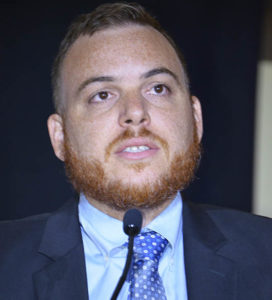
ISGP offers seminars to Baha’i students in various locations, for each year of their undergraduate studies.
In their university years, young people are immersed in classes and activities that expose them to humanity’s rich legacy of knowledge across diverse fields of study. At the same time, students are learning to navigate a social and intellectual environment that can be confusing and may at times contradict and belittle their beliefs and convictions.
In his presentation, Rushdy, a member of the coordinating team for the ISGP seminars in North America, explained that the annual seminars seek to develop capacity in youths “to assume ownership of their own education” and “acquire the kind of knowledge that will assist them to live fruitful and productive lives.”
“They may encounter in their universities an environment that does not allow for meaningful dialogue between science and religion,” said Rushdy. “At times, they find that spiritual themes or their belief in God are brushed aside.”
The seminars, therefore, provide a valuable space in which young people can develop their capacity to reflect on and analyze their studies and social environment in light of the teachings of the Baha’i Faith. The students grow stronger in drawing out insights that can help them contribute meaningfully to social progress and to the advancement of knowledge in their fields of study.
“One of the main aims of the seminars is to cultivate in participants a deep appreciation for the role of knowledge in the advancement of civilization,” explained Rushdy. “Students explore the complementary relationship between science and religion” and strive to transcend the common assumption that science and religion are contradictory and incompatible.
In addition to eight seminars held in North America, more than 50 seminars are offered across the world.
Working group projects foster community building
As more and more breakouts — as well as plenaries — emerge from the working groups formed under ABS auspices, the value of this behind-the-scenes movement to advance the Association’s vision is rapidly becoming clear.
They evolved from small groups that met online starting in 2013 and began drawing in others from various academic and professional disciplines, explained Selvi Adaikkalam Zabihi.
“It was from these early groups that the concept of a working group emerged as a way of emphasizing fresh approaches,” she said. “And in order to more systematically support these kinds of efforts and to learn alongside them, the association created a dedicated team for this purpose.”
Adaikkalam Zabihi said three interrelated areas of learning have come into focus.
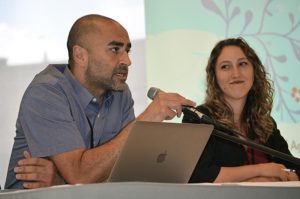
The first centers on collaborative projects that small groups within a discipline undertake to explore opportunities for discourse and, ultimately, generate content that can be contributed within those spaces.
That leads in many cases to a second thrust of larger groups that grow out of what the small groups are learning and can support capacity building on a wider scale.
Third is learning about specialized spaces such as seminars that can be held around North America at any point in the year as well as in plenaries and breakouts offered at the annual ABS conference.
Two such seminars — examining in light of the teachings of Baha’u’llah the historical abuses of propaganda and the limits of secular liberalism — were held in the days preceding the conference.
Reinforcing how the three areas of learning are interrelated, these specialized spaces can act to incubate and support the collaborative projects, said Adaikkalam Zabihi. As they provide mechanisms for sharing input, “they can draw new people in and build unity of thought.”
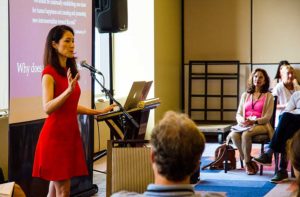
The breakout on aging and dying is an example of such a project, she said. Others are tackling discourses related to anti-corruption, income inequality and the visual arts.
As these groups identify questions and start to go into greater depth, “we see that often there will be a pattern of circling back and forth between the literature in the field and Baha’i thought,” she noted.
“So a question may arise, for example, from reading a book or article. Then they’ll look for insights from the Faith. As their understanding deepens, they might identify like-minded thinkers that they want to read about. A kind of a dialogue emerges.”
Panel is born of explorations in working group
That’s just how planning for this conference’s panel on contributing to discourse through media and storytelling began.
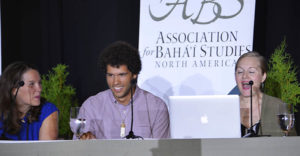
Years ago, Amelia Tyson met Esther Maloney because she wanted to learn from someone who was using film in her work with young people.
Later Tyson met Kyle Schmalenberg, who collaborates on Maloney’s project and also is co-creator and co-chair of a native film and storytelling initiative.
Over the years within the media working group, these three graduate students “have watched films together, had calls and attended seminars,” Tyson related.
“We have explored themes, such as representation and identity, conflict and storytelling, youth and media, new media and propaganda,” she said.
“And all of these spaces have informed our practice, which in turn has informed consultation and reflection.”
As all the spaces of the ABS conference itself have the potential to do for its participants.


